_edited.png)
Case Studies
To get an idea of how other organisations are managing sanitary and water aid distribution at the moment or have done in the past we have compiled case studies of 10 different organisations. There are many different approaches which have been taken, some of which take social inequalities into account more than others. By clicking through each of their case studies we hope you can get ideas of how to make your aid as genuinely beneficial and inclusive as possible.
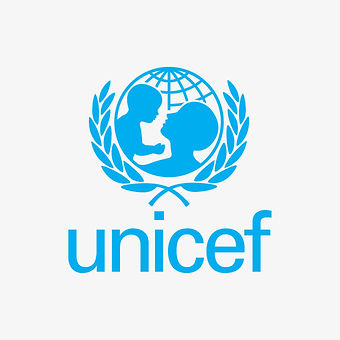
UNICEF
UNICEF is one of the few NGOs that work in four of the five poorest countries in the world-- Uganda, Mozambique, Rwanda and Zimbabwe, that protects children rights through many policies and partnerships. It launched the WASH (Water, Sanitation and Hygiene) programme, which involves collaboration with different governments and organisations to enhance practices and systems on water and sanitation.. UNICEF constructs and rehabilitates sustainable solar-powered water systems, leads and responds to emergency situations via a range of humanitarian actions which include transporting water and building toilets, supports schools by establishing sanitary facilities and protocols and providing education on menstruation, as well as promotes handwashing through media and campaigns.
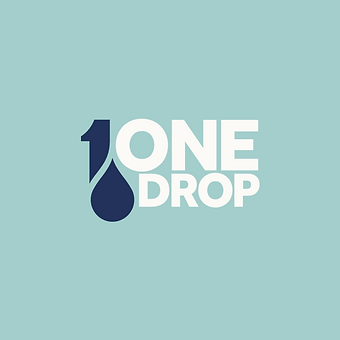
One Drop
One Drop incorporates art, creativity and innovative partnerships to ensure access to safe water and sanitation sustainably. It has a unique A·B·C (‘Access to safe water and sanitation and hygiene services’, ‘Behavior change, through Social Art interventions’, ‘Capital to develop financial products and other services to support the WASH-related supply chain and increase the pace of access to safe water and sanitation services’) for sustainability model that focuses on the Social Art for Behavior Change approach, which tailors to target groups and locals in each project to ‘inspire, activate and sustain’ WASH practices.
The benefit of using the Social Art for Behaviour Change approach rather than traditional practices is that it has a long-term effect by increasing parties’ ‘sense of involvement, ownership and empowerment’. It also makes a wider impact to people in addition to water and sanitation issues. For example, participants in the Women Puppeteers Project in Guanajuato felt empowered and boosted self-confidence.
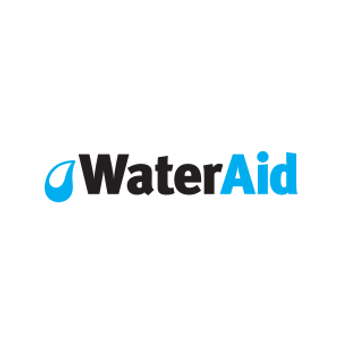
WaterAid
WaterAid provides aid across the globe including the poorest countries (e.g. Rwanda, Uganda and Mozambique) to improve water, sanitation and hygiene by working with local governments and communities, as well as partnering with different organisations to ‘reduce inequality, strengthen sustainable services, integrate into sustainable development’ and ‘improve hygiene behavior’. Working with local governments and communities enables WaterAid to tailor their aid to the locals’ best interest. In Rwanda, it provides information for decision-makers and helps the community build skills, and supports radio stars to produce radio series on handwashing and hygiene. In Uganda, WaterAid helps local communities to take ownership of sustainable projects (e.g. partnering with local organisation WEDA to make toilets for the disabled) and keeps service providers accountable. It also actively works with the Uganda government to reach their 2040 goal: clean water for everyone. In Mozambique, WaterAid has training and shares experience with the local government on building sustainable systems. It is also involved with a national media campaign to teach people about good hygiene in response to Covid-19.

Sanitation First
Sanitation First works on employing the right system to provide access to toilets in order to provide basic sanitation. It has built over 5000 ecological sanitation (Ecosan) toilets and implemented a low-tech four stage Inner City Sanitation model in slums in India that utilises Grosan toilets-- toilets that adapt to slum environments based on the Ecosan principle. This model increases employment opportunities in addition to raising the sanitation standards in slums and reducing water waste. Sanitation First has also built sanitary blocks in schools in India, which allow female students to change sanitary towels in exclusive blocks. This gives female students more privacy and a better sanitary environment. To further enhance sanitation for female students, Sanitation First launched Period First. It involves male and female teacher training on menstrual and hygiene issues and management, student education on puberty and period, creating an environment that fulfils students’ potential, and distributing safepads (reusable sanitary pads that are safe to use even if washed with unclean water). Recently, Sanitation First also launched CODE RED, a campaign that fights for menstrual equality by raising awareness and supporting work that helps people in India who suffer from debilitations due to menstruation.
Habitat for Humanity Great Britain
Habitat for Humanity Great Britain combats global poverty housing and settlement issues, fights for women land rights, improves water and sanitation access, and increases resilience of vulnerable communities during natural disasters. Its previous projects incorporated water and sanitation hygiene programmes into housing microfinance work and disaster response and management work. It also distributed Emergency Shelter Kits and Hygiene Kits for disaster relief in Cambodia in 2011, when soap and hygiene products were provided. While this is a step towards securing sanitation standards in times of disaster, it could only be regarded as a short-term aid, as it is unlikely that people will buy these hygiene products continuously due to the cost. Moreover, the water and sanitation programmes in housing microfinance projects were limited in scale, since Habitat for Humanity GB did not provide water and sanitation aid for the poorest countries in the world-- only housing loans provided for some families in Uganda.

The Gender and Water Alliance
The Gender and Water Alliance (GWA) is a global organisation that promotes gender mainstreaming in water resources management, as well as equitable access to safe and adequate water for men and women.
One of the main contributions towards water and sanitation is its joint publication with Women in Europe for a Common Feature in 2009 on integrating gender perspectives on sanitation. It also developed a Gender Scan Methodology in 2011 to help water and sanction utilities to identify their gender mainstream opportunities. To raise awareness, it made podcasts and guidelines on gender issues on water usage and management, and had projects and manuals to provide gender equity guidelines for government and international organisations in addressing water-related issues.
The highlight of this charity is that it recognises the importance of gender inclusion and equality in every part of their work.

Plan International UK
Plan International UK is a children’s charity that protects children’s rights including access to education, health care, clean water and future opportunities. Its renowned South Asia WASH Results Programme (SAWRAP) partnering with local authorities contains a range of sustainable and gender sensitive and inclusive measures, which improve community clean drinking water supply, encourage Community-led Total Sanitation, as well as promote hygiene and develop market chains on water and sanitary products. The aid is sustainable as it enhances knowledge, and has its own local market chain and supply of sanitary materials. Plan International UK also created a programme that teaches girls to make reusable sanitary pads in Zimbabwe. Not only does this allow girls to be independent in securing the provision of sanitary pads, girls can also earn money to improve their lives by selling the pads they made.

Oxfam
Oxfam develops community-tailored long-term solutions that are cost-effective and innovative to combat poverty and disease. It built infrastructures for the poorest countries in the world including Mozambique and DR Congo. In Mozambique, life-saver cubes that include a light-weight hand-held pump which turns dirty water into clean drinking water were provided. In DR Congo, the longest water pipeline, supplying more than 80000 people, was built. Oxfam also built a complete distribution network of solar powered water treatment plants in South Sudan, and trained community members to maintain water supply. These are sustainable long-term solutions to water and sanitation issues as infrastructure requires only maintenance once being built. The trainings allow locals to receive adequate knowledge to look after their water supply.
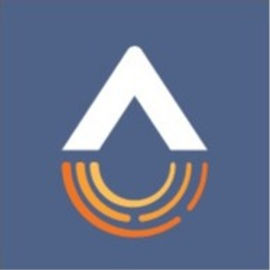
ACTS for water
ACTS for water is a Canadian charity that aims to end water poverty in Uganda by ‘building sustainable water systems and empowering healthy communities’. It uses the Gravity Flow System by building water networks to villages from the water spring system that is sustainable even in drought. No manual labor is needed once the system is set up, which is very thoughtful as locals do not need any specific knowledge to secure water supply. ACTS for water also strategically planned taps to ensure clean safe water supply within walking distance, and has been working with different sponsors to build TapStands across Uganda for over 30 years, benefiting a massive population.
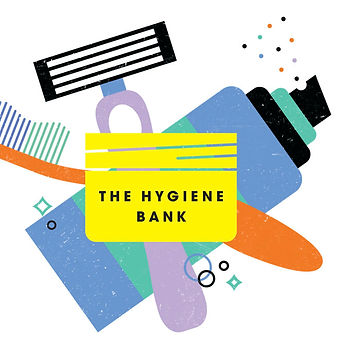
The Hygiene Bank
The Hygiene Bank is a UK-based charity that gives hygiene, personal care and household cleaning items collected from donations to those in need in the UK. It collects product donations from people and businesses and retailers, and repackages and delivers them to local community partners. This system can ‘improve health and wellbeing’, and is economical since this produces less waste products.
